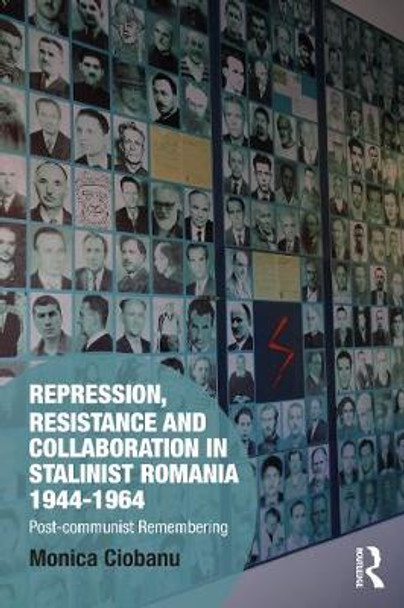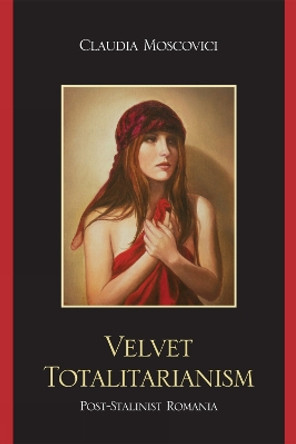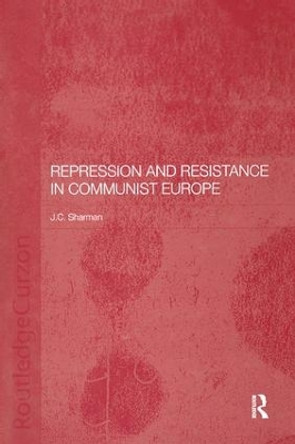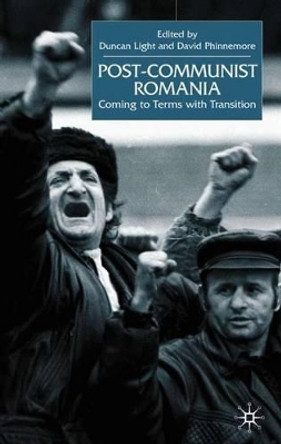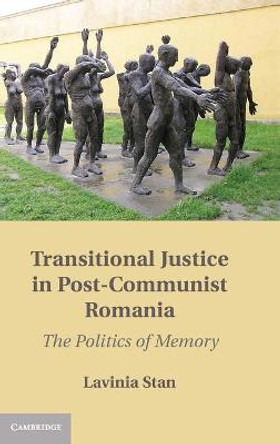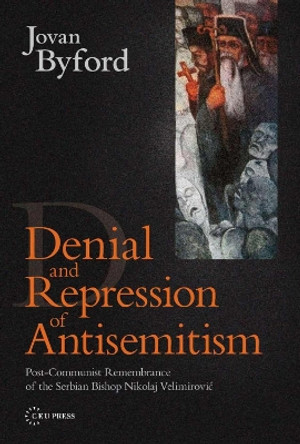Description
This book examines how the process of remembering Stalinist repression in Romania has shifted from individual, family, and group representations of lived and witnessed experiences characteristic of the 1990s to more recent and state-sponsored expressions of historical remembrance through their incorporation in official commemorations, propaganda sites, and restorative and compensatory measures. Based on fieldwork dealing with Stalinist repression and memorialization, together with archival research on the secret police (Securitate), it adopts an interdisciplinary approach to reveal the resurfacing of particular themes. As such it draws on concepts from sociology, political science, and legal studies, related to memory, justice, redress, identity, accountability, and reconciliation. A study of competing narratives concerning the meaning of the past as part of a struggle over the legitimacy of the post-communist state, Repression, Resistance, and Collaboration in Stalinist Romania 1944-1964 combines memory studies with a transitional justice approach that will appeal to scholars of sociology, heritage and memory studies, politics, and law.
About the Author
Monica Ciobanu holds a PhD in sociology from the Graduate Faculty of the New School for Social Research and is Professor in the Department of Criminal Justice at Plattsburgh State University of New York, USA.
Reviews
'This study makes a significant contribution to post-communist and memory studies by enhancing the comparative dimension that can be brought to these subjects. As such, the book has interdisciplinary and international appeal at the level of university undergraduates and postgraduates in the fields of history and social sciences. At the same time, Dr Ciobanu performs a civic duty, one which will help to dispel the mists of distortion which hover in the minds of many over the Communist past of Romania.' - Dennis Deletant, Emeritus Professor, University College London, UK
'Based on an astonishing variety of sources, the author skilfully weaves together the insights of both memory studies and transitional justice research to provide a fascinating account of Romania's protracted struggles to come to terms with its painful history. I highly recommend this to everyone interested in the politics of memory and identity in Central and Eastern Europe today.' - Eva-Clarita Pettai, Imre Kertesz Kolleg, Friedrich-Schiller-University Jena, Germany
'Ciobanu's book poses difficult questions about a haunting past. The answers she provides are just as disturbing as the questions themselves - and this is the greatest merit of this work. As such, Ciobanu's monograph constitutes a morally uneasy reading that refuses the hasty gesture of condemning the past without comprehending its complex intricacies and moral ambiguities. It is, at the same time, a theoretically reflexive and analytically lucid approach that sets the ground for a contextualized understanding of a troubled and still troubling past.' - Mihai S. Rusu
' ... makes an important contribution to our understanding of the processes of memory making in post-communist Romania by focusing on several agents of memory and demonstrating how a master narrative is imposed. Moreover, the book represents a valuable resource for the scholars of the memory of communism in Eastern Europe as well as for those interested in the role-played by civil society actors in the making of memory discourses.' - Caterina Preda, Memory Studies
Book Information
ISBN 9781138089204
Author Monica Ciobanu
Format Hardback
Page Count 232
Imprint Routledge
Publisher Taylor & Francis Ltd
Weight(grams) 476g

